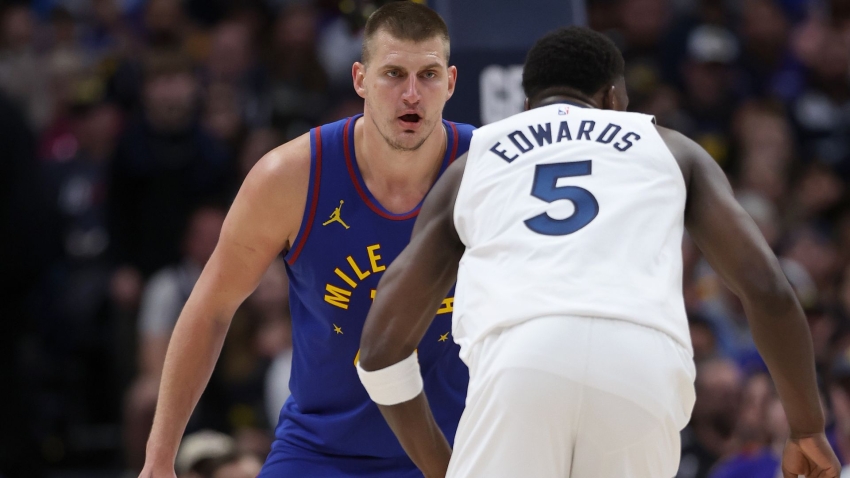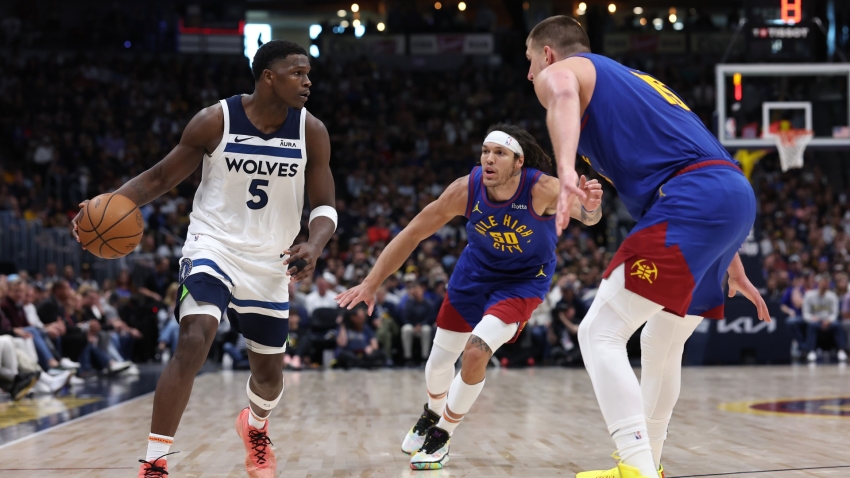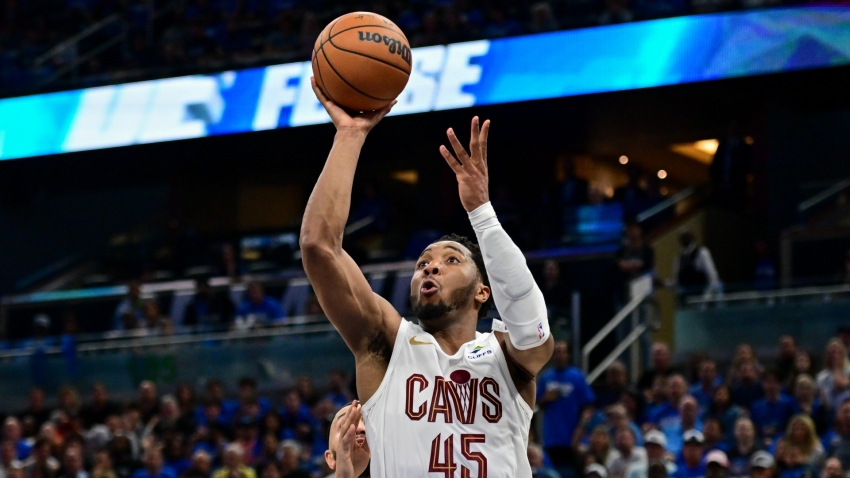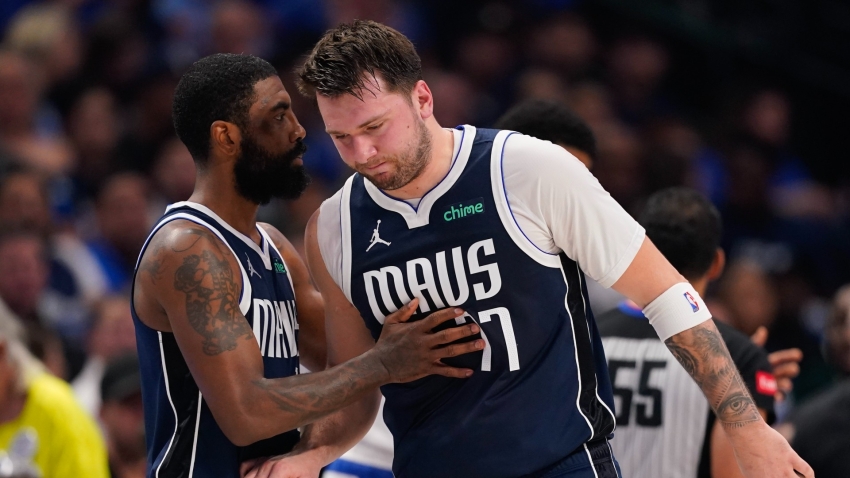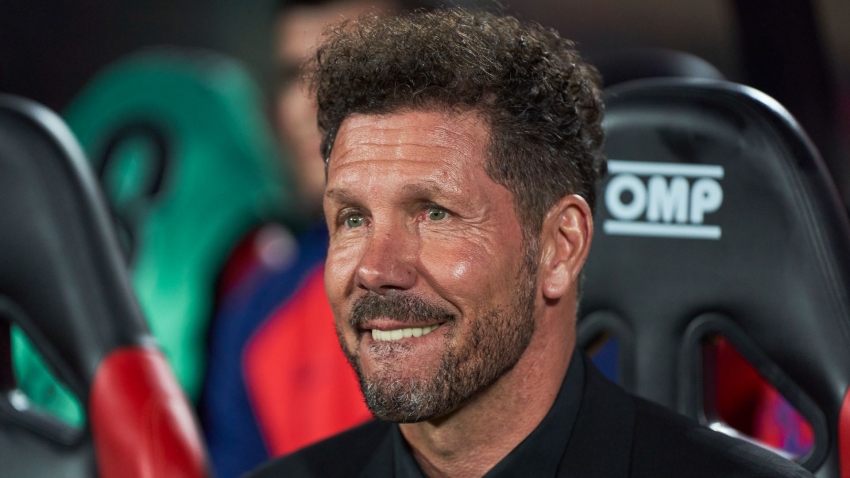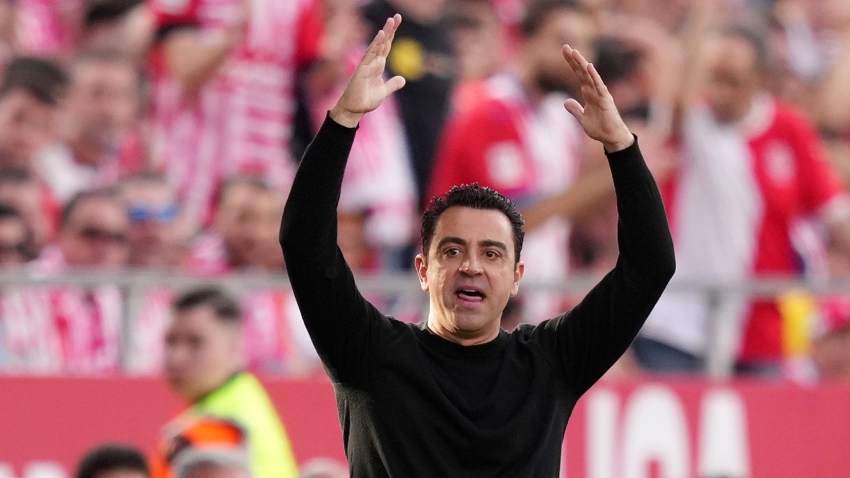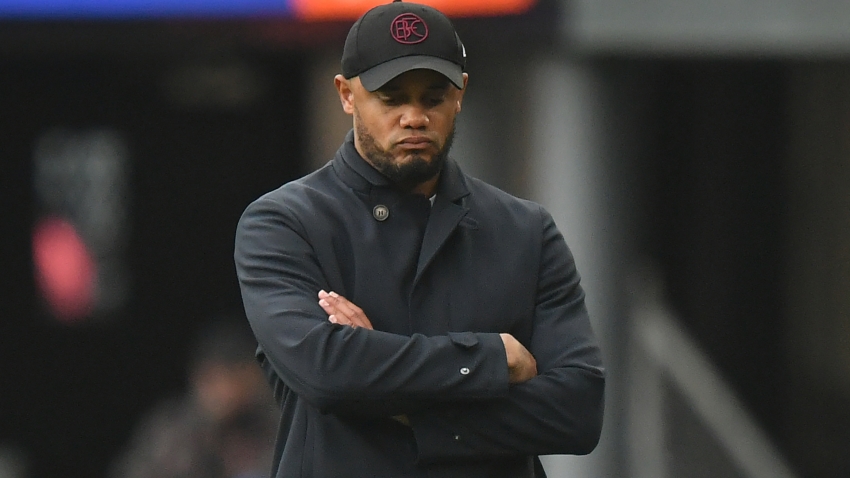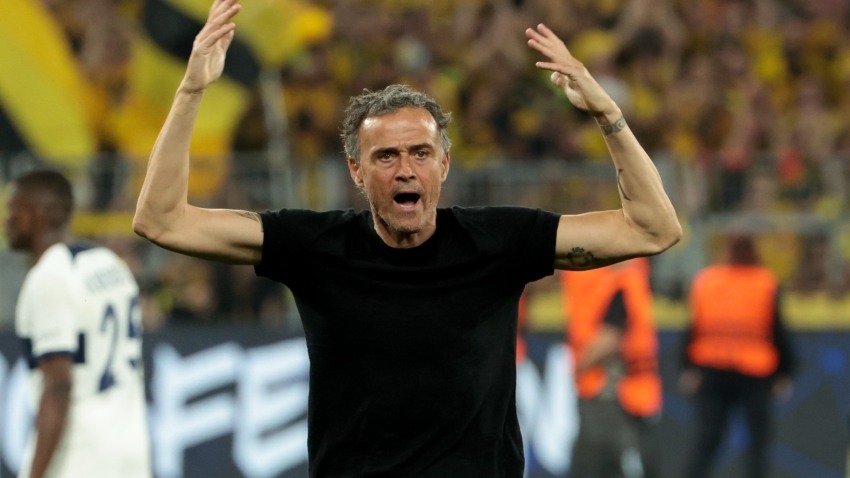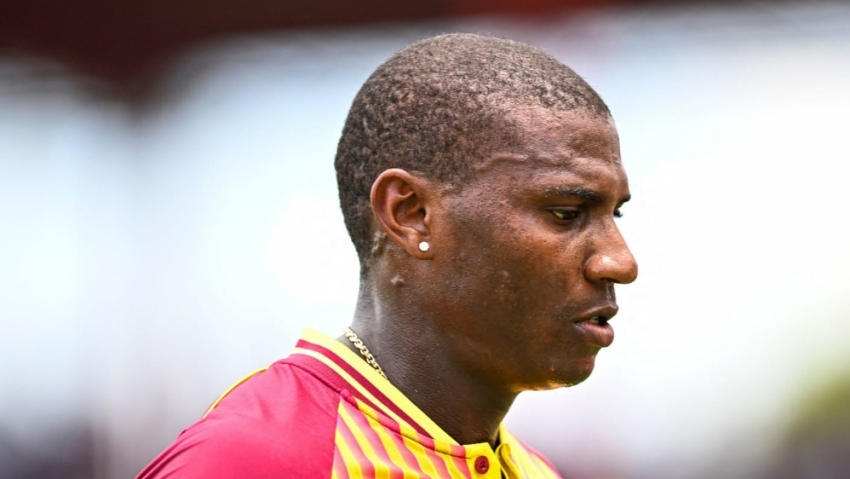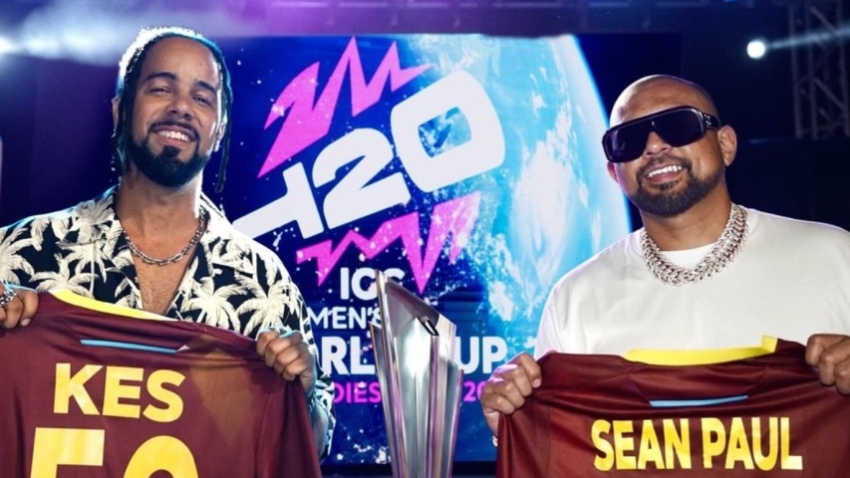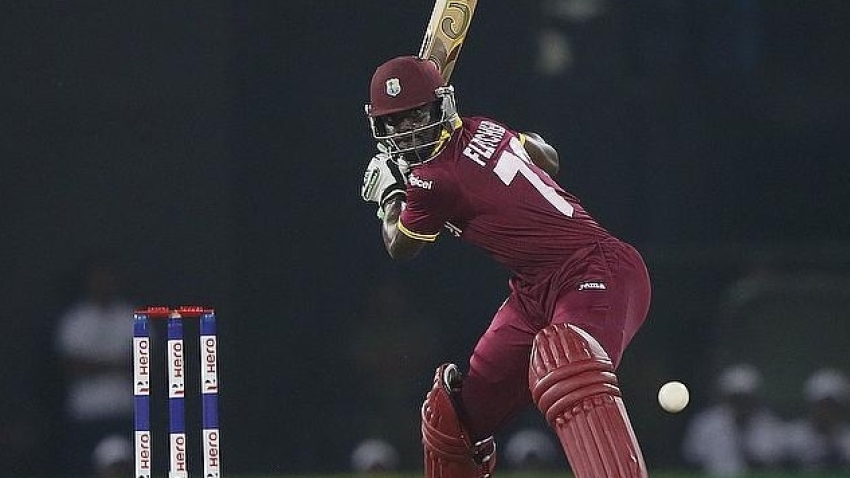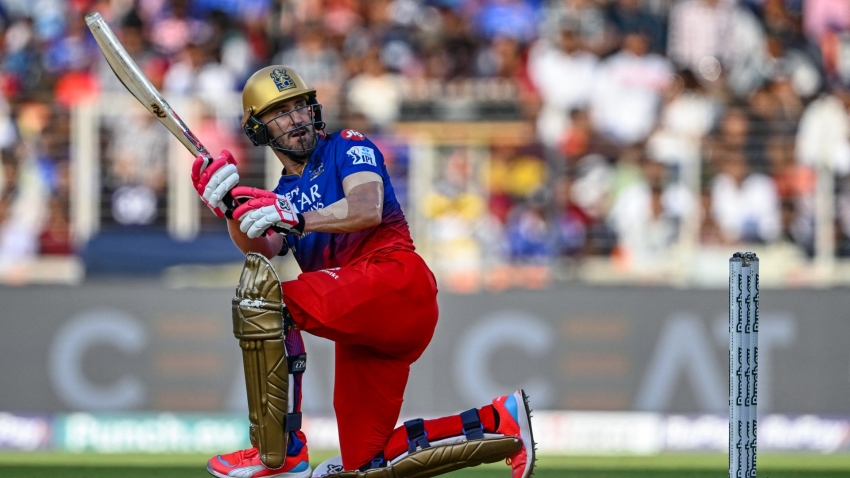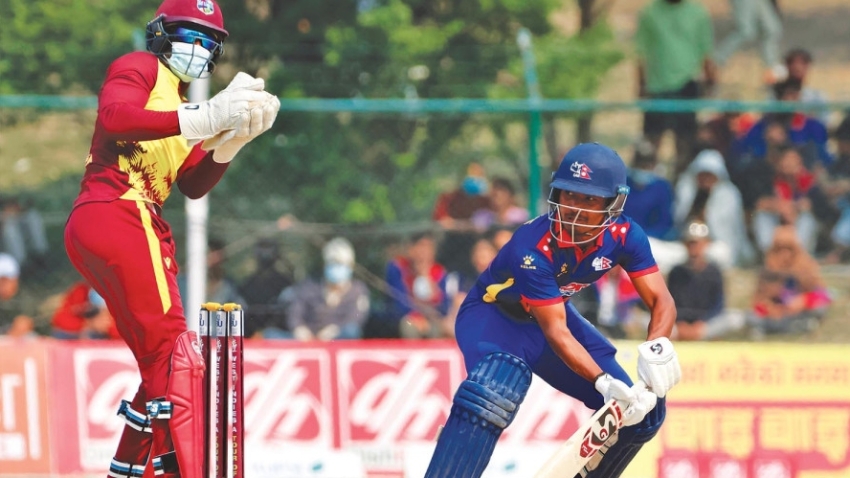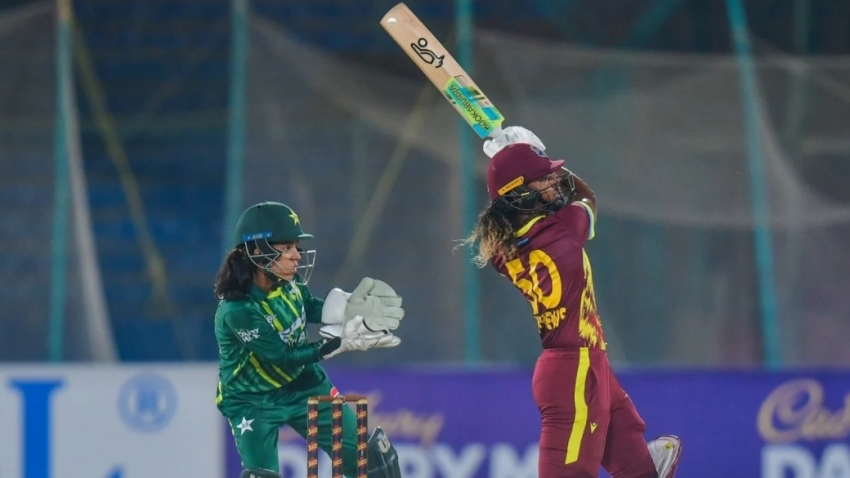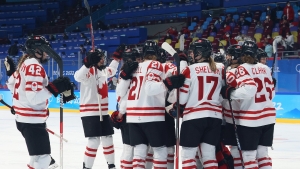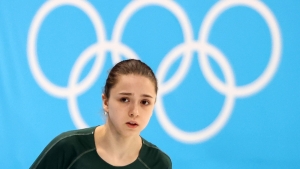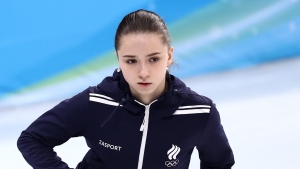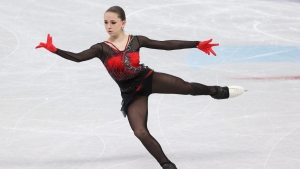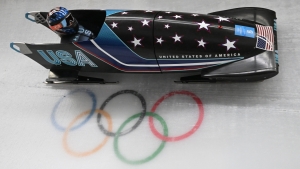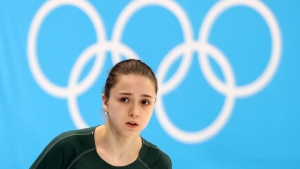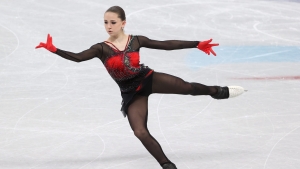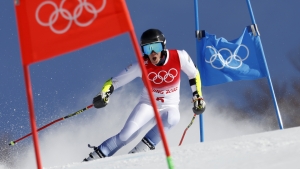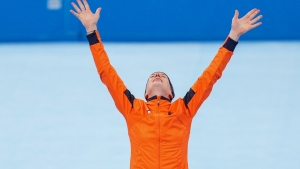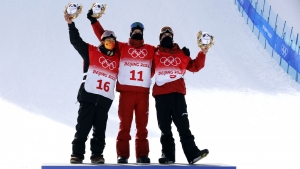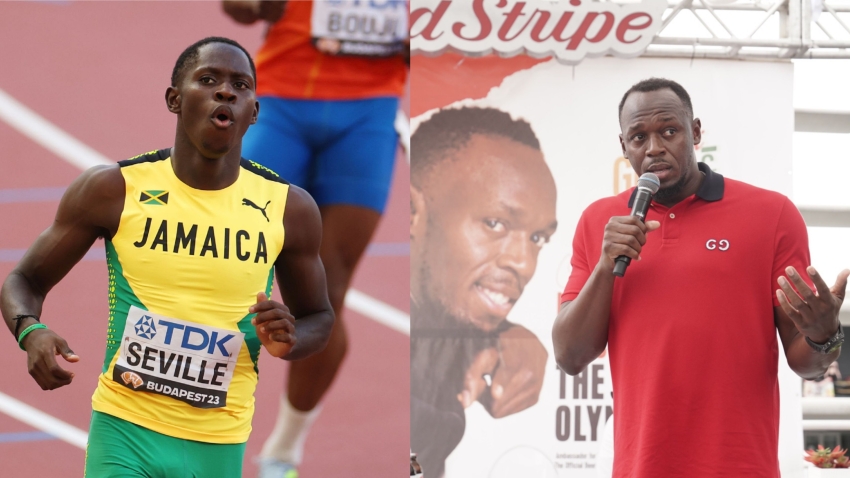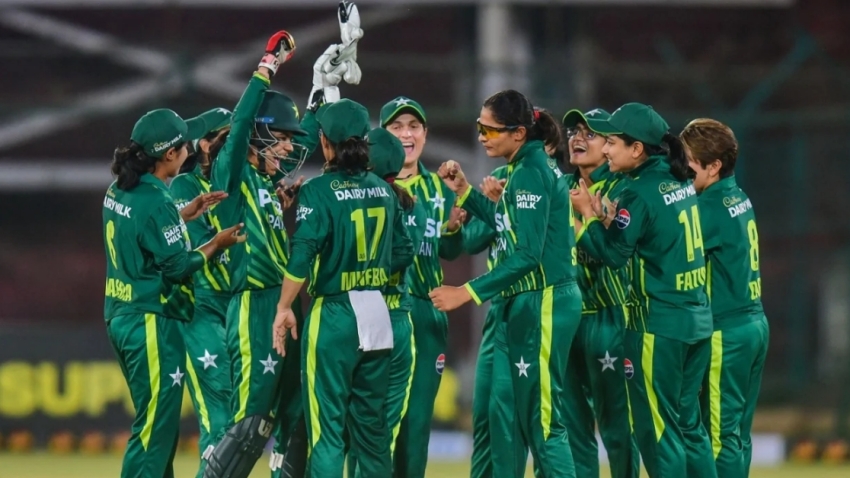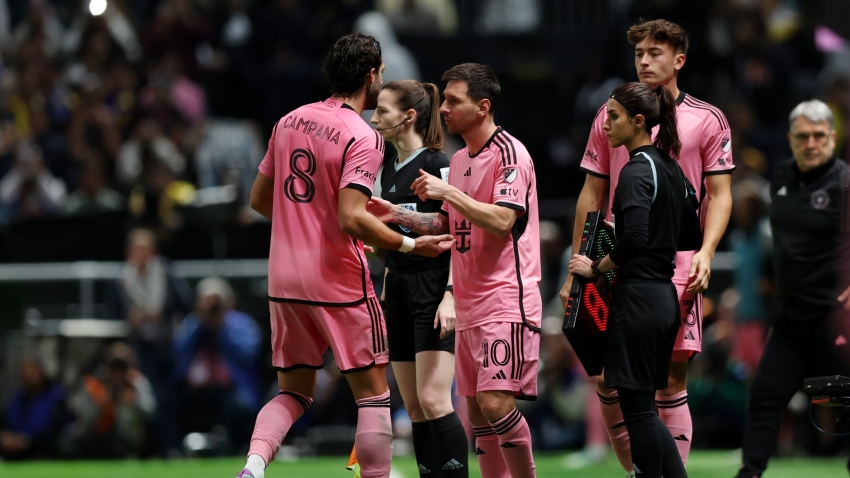The United States will meet Canada in the final of the women's ice hockey after the two favourites progressed from their semi-finals at the Winter Olympics.
While the USA defeated Finland 4-1, Canada made light work of their semi-final opponents Switzerland, cruising to a 10-3 rout on Monday.
The respective victories tee up a repeat of the 2018 Olympic final, which the USA won via a shoot-out.
Canada have been the form team in this tournament, however, and beat the USA 4-2 in the group stage.
In fact, the Canadians – who have won a medal in every Olympic Games since women's ice hockey was introduced in 1998 and claimed gold in four straight editions between 2002 and 2014 – have scored 54 times, only conceding eight goals in return.
"It is our dream to be there, that is huge for us," explained captain Marie-Philip Poulin, who is in the hunt for her third Olympic gold. "It will be fun. The team is ready.
"We really appreciate it. The smiles at the end of the game, when our young players came off the ice, was pretty awesome. You can see how exciting it is. It is not routine."
Canada will be hoping for another big display from their leader in the final. In 2010, she scored both goals in a 2-0 victory in the showpiece, while she also scored the golden goal winner in Sochi four years later.
History for Humphries
One athlete who will perhaps be torn by the United States-Canada rivalry is Kaillie Humphries.
She won two golds and a bronze for Canada across the past three games but, in 2018, she switched allegiance to the USA, only receiving clearance to compete in Beijing two months ago.
On Monday, the 36-year-old made history, becoming first female to win a Winter Olympics title for two different nations, and the second athlete overall after speed skater Viktor An for South Korea and Russia, after she won the first ever gold medal in the women's monobob, a newly introduced event.
Elana Meyers Taylor completed a one-two for the USA, while Canada clinched bronze thanks to Christine de Bruin.
French pair triumph on the ice
Four-time world champions Gabriella Papadakis and Guillaume Cizeron of France won figure skating gold.
They took silver in 2018, meaning that for a third successive Olympics, the ice dance title has been won by a duo that finished second in the previous Games.
Papadakis and Cizeron finished second behind Victoria Sinitsina and Nikita Katsalapov at the European Championships in 2020, but the Russian pair had to settle for silver this time around, with Madison Hubbell and Zachary Donohue ensuring the USA finished on the podium for the fifth consecutive Games.
"It's sinking in, but before it sinks in, I'll have to lie on the floor and cry," a laughing Papadakis said after claiming France's first gold in the event since 2002. "I am trying to take it all in, very, very, very slowly."
China, Austria add to their tallies
There was more success for hosts China, as ski jumper Xu Mengtao claimed the nation's first gold of the women's aerial events at Beijing.
China had previously won nine medals (seven silver and two bronze), but had never clinched gold – they were already the most decorated nation in the event.
Xu triumphed with a score of 108.61, ahead of Hanna Huskova of Belarus (107.95), with Megan Nick of the United States in third, way behind on 93.76.
Austria also collected a ski jumping gold, with their men's team succeeding. Slovenia came second and Germany took bronze. It is Austria's first gold in the event since 2010.


